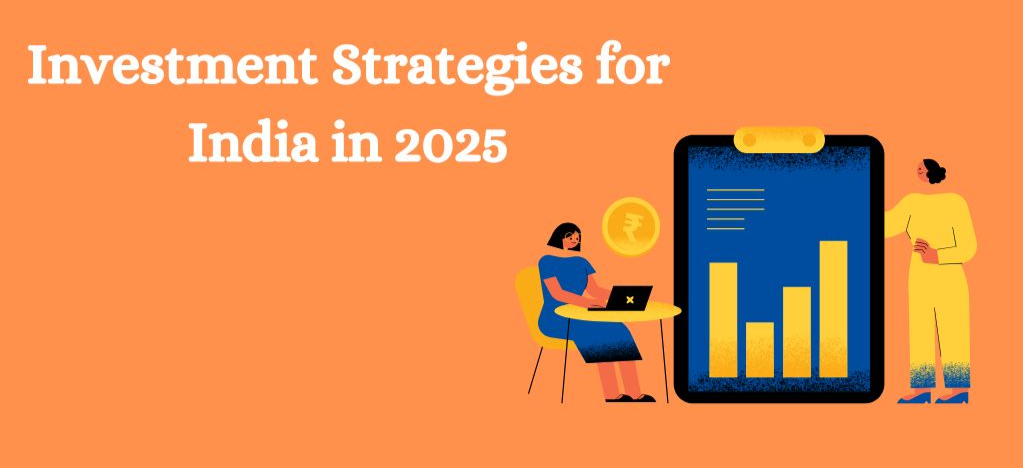As we approach the middle of 2024, India stands out as a shining example of strong growth amid global uncertainty. Historical growth rate(GDP, Inflation, FDI inflows) suggests India may become the fastest-growing major economy. This growth isn’t just a number – it’s a powerful force shaping the dreams of many and transforming the landscape of the Indian economy. Factors like rising domestic consumption, significant foreign investments, and key governmental reforms are all contributing to this dynamic economic environment. Of course, there will be challenges ahead, such as control over rising inflation and geopolitical tensions, which could impact economic stability.
Significance of 2024 Elections
The upcoming 2024 elections hold great significance as they have the potential to shape the future of our country. Early predictions indicate a positive outcome for the current government, which is known for its pro-reform and market-friendly approach. These expectations can have a profound impact on the market, encouraging investments in sectors that are likely to benefit from the government’s policies.
Based on current opinion polls and market analysis, if the election results align with these forecasts, we anticipate a surge in the market similar to previous years when pro-reform parties or coalitions came into power. On the other hand, any unexpected political outcomes could result in market volatility as investors re-evaluate their positions and strategies in response to the new political landscape.
Impact of Election Results on Market Sentiment
The stock market can be greatly influenced by election results. Looking at historical data, we can see how different governments and their policies have affected the market. When reform-oriented administrations were elected, the market responded positively, resulting in significant gains in the following months.
Conversely, if the election brings unexpected or less market-friendly governments, we may see short-term declines in the market. However, it’s important to remember that the initial market reactions after an election don’t always indicate long-term trends. Over time, markets have shown resilience and the ability to adapt to new political contexts.
In the upcoming 2024 elections, if a reform-oriented government is re-elected or formed as predicted, the markets may continue to rise due to investor confidence in stable and supportive economic policies. On the other hand, if there are unexpected results, we might witness initial shocks and adjustments in the market. Nevertheless, historical evidence suggests that these impacts tend to be temporary as the market adjusts to new realities.
Previous Market Performance After Election As Follows
The table below explains how the stock market reacted six months before and after the election results were announced.
| Election Year | Pre Election Result (6M) | Post Election Result (6M) | Ruling Govt |
|---|---|---|---|
| 2004 | 12.52% | 3.51% | UPA |
| 2009 | 30.65% | 37.70% | UPA |
| 2014 | 19.62% | 15.40% | NDA |
| 2019 | 11.51% | 0.11% | NDA |
Market Valuations and Investor Stance During Election Cycles
The current market valuations of stocks and other assets provide a snapshot of how investors perceive the future earnings potential of companies. When valuations are high, it may indicate that the market is overly optimistic about future growth, which could make it susceptible to corrections if the expected earnings growth doesn’t materialise. Conversely, low valuations may suggest undervaluation or potential investment opportunities. In India, market valuations have been attractive, reflecting expectations of robust future growth.
However, it is crucial to conduct careful analysis as these high valuations could result in lower future returns if earnings growth fails to meet expectations. Investors should evaluate whether the underlying fundamentals and potential earnings growth of the companies they are investing in justify these high valuations.

In times of uncertainty and political changes, it is important to have a smart investment approach. One way to do this is by adopting a defensive strategy, where investors allocate a larger portion of their portfolio to large caps or sectors that are less affected by economic fluctuations, such as utilities or consumer durables as well as banking & finance. These sectors have a track record of performing well regardless of the economic conditions.
Another approach is to engage in tactical asset allocation, which involves adjusting portfolios towards sectors that are likely to benefit from the outcomes of elections, based on the policies of the potential winners. For instance, if a government that supports infrastructure development is expected to come into power, increasing investment in the construction and materials sectors could prove advantageous.
Must Read – Why Are Stock Market Classes Important?
Conclusion
Looking ahead to 2024, the combination of economic indicators, election results, and market dynamics creates a complex but manageable landscape for investors. We’ve already examined the strong growth projections for India, which continues to be one of the world’s fastest-growing major economies, despite potential economic challenges. This growth is supported by solid fundamentals across various sectors and is expected to attract significant domestic and international investment.
Our discussion highlighted the historical market performance during election years, which generally shows positive trends. This suggests that investors may benefit from aligning their portfolios with the expected political and economic environment. However, the unpredictability of elections requires a balanced approach to investing, combining caution and opportunism.
As we approach the elections and progress into 2024, it’s vital for investors to stay knowledgeable, adaptable, and ready for changes. Creating well-informed plans, keeping up with market trends, and having a diversified investment portfolio is key to managing market fluctuations effectively and taking advantage of potential opportunities.
In summary, although the next year may bring uncertainties, it also offers significant potential for those who are prepared to engage with the market wisely and strategically. Investors should embrace these dynamics to benefit themselves, transforming possible obstacles into valuable chances for growth and success.






